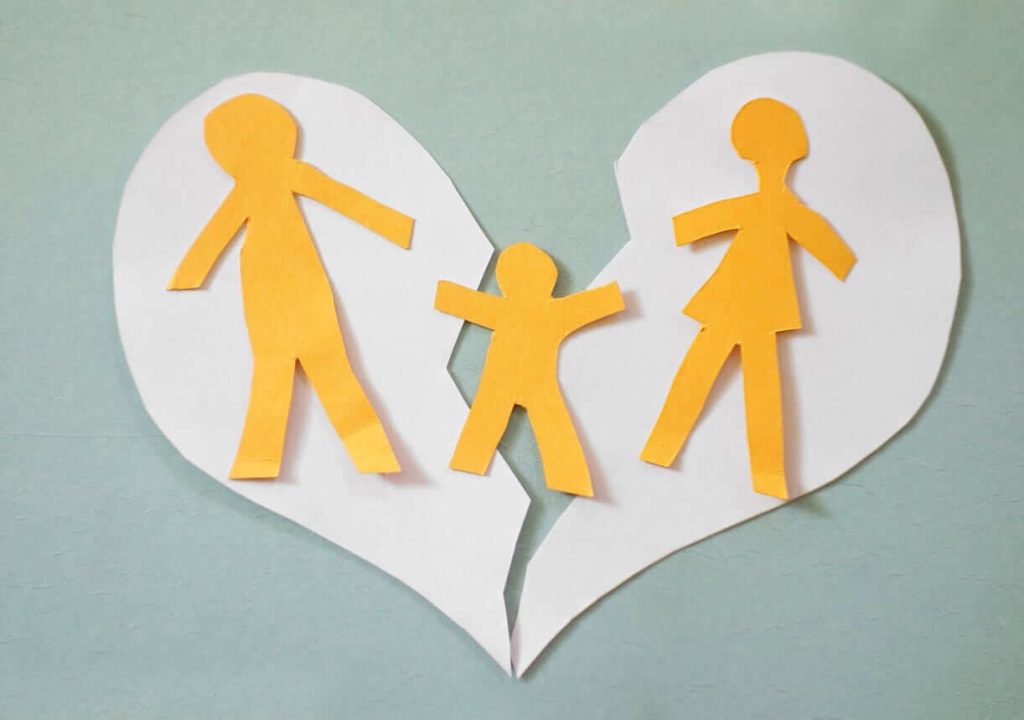Child custody is usually a major point of disagreement in divorce cases. In most situations, two parents can’t come to an agreement regarding issues like child visitation and day-to-day care. They leave the decision up to a judge. In Florida, the court bases that decision on shared parental responsibility. Florida parental responsibility means that a court will handle your child custody issues different than other states. Find out what this means to you and your children.
What Is Florida Parental Responsibility?
In most states, child custody cases rely mostly on a judge’s decision. If the court feels that a child would be better off with one parent getting sole custody, then the judge will decide accordingly. Although many states are moving towards joint custody, sole custody is still a reality. Whether a parent gets sole custody is very much up to the judge.
However, Florida parental responsibility changes things for Florida custody cases. In Florida, parental responsibility replaced child custody. In all child custody cases, a judge needs to consider parental responsibility.
Florida parental responsibility refers to a shared responsibility of both parents to raise a child. Both parents need to work together to parent the minor. For example, both parents need to discuss any big decisions. If the decision affects the child’s welfare, then the parents need to discuss it together. Each individual keeps full parental rights. Additionally, each individual shares the parenting workload.
Which Decisions Are Part of Shared Responsibility?
When you have a court-ordered custody agreement, one parent could be the primary caregiver. That parent is responsible for making all day-to-day decisions. However, any more long-term decisions fall under the issue of Florida parental responsibility. Generally speaking, shared responsibility involves any decisions that involve your child’s welfare. However, there are a few specific issues that usually fall under Florida parental responsibility. Here are a few of them:
- The religious upbringing of a child
- Any moral beliefs you teach a child
- The type of discipline that a child receives
- Recreational activities in which a child participates
- Any legal matters that involve your child’s welfare
- The type of schooling a child gets
- Which school a child attends
- Any changes in the child’s social environment
To help you understand how Florida parental responsibility works, here is an example. If you and your partner have shared responsibility, your son might live with you. However, you need to tell your ex-partner about your child’s illness or accident. Your ex-partner needs to have access to your son’s medical records at any time. If you want your son to change schools, you also need to discuss the issue with your ex-partner. He needs to agree with you before you switch schools. Additionally, he needs access to those school records.
Other Requirements
On top of discussing the above issues, each parent needs to be an active caregiver. As such, he or she needs to provide a moral, educations, and socioeconomic setting for the child. Any decision needs to be in the best interest of the child. Additionally, any arguments need to end in an amicable manner. During discussions, each parent needs to behave properly. Everything should be in the best interest of the child.
When it comes to visitation, each parent need to allow easy access and contact to the other parent. Mail, phone, and other types of communication should be allowed. If one discourages the child from seeing or talking to the other parent, then the court could hold that against him. The court wants to see that the child is taught to love and respect the other parent. Therefore, neither parent should speak badly about the other.
The Penalties
If you fail to meet the requirements of shared responsibility, then the court can take action. The penalties are quite severe. You could be found in contempt of the court. In some cases, you could get jail time or lose residential custody.
Is Shared Parental Responsibility Always the Outcome?
In Florida, courts prefer to use shared parental responsibility in custody cases. A judge needs to consider awarding shared responsibility. However, he can choose to do otherwise. There are many factors that a judge considers before he awards custody. However, all of those factors contribute to one detail – the best interest of the child. If a judge believes that a child’s best interest is not parental responsibility, then he can issue another decision. As long as that decision is in the best interest of the child, the court will uphold it.
For this reason, you need a great child custody lawyer. You can’t be certain what type of outcome your case will get. With the right lawyer, you may be able to get the outcome that you want. Before you go to court, contact a lawyer to learn about your options. Shared responsibility is preferred, but it might not be your outcome.

